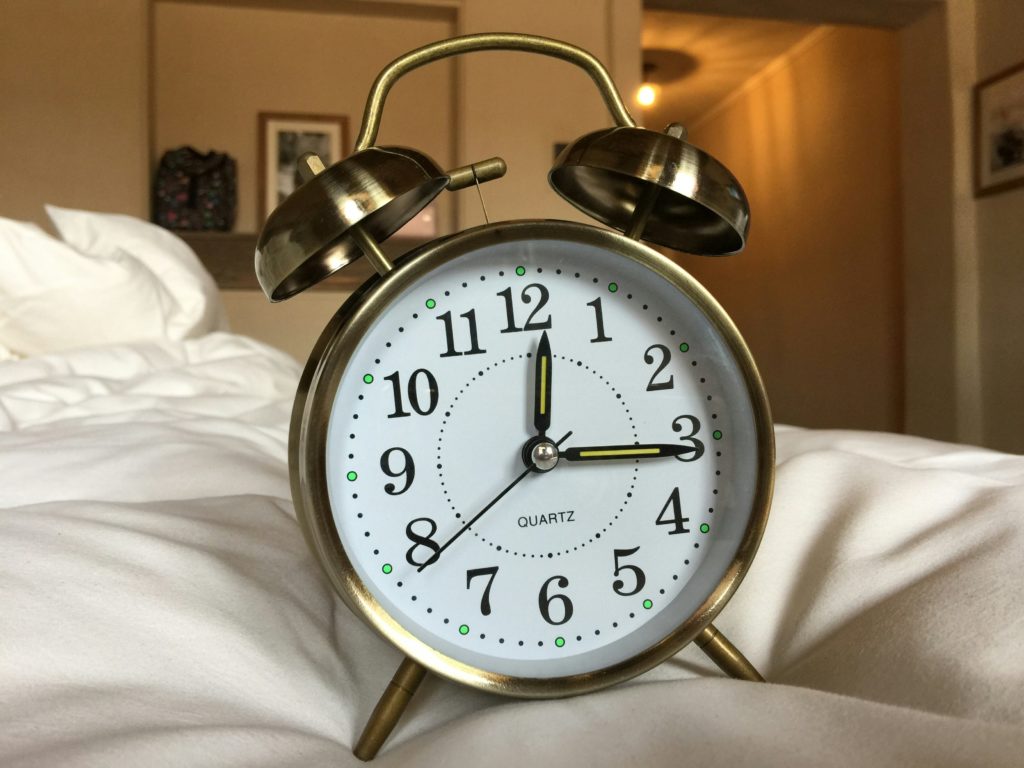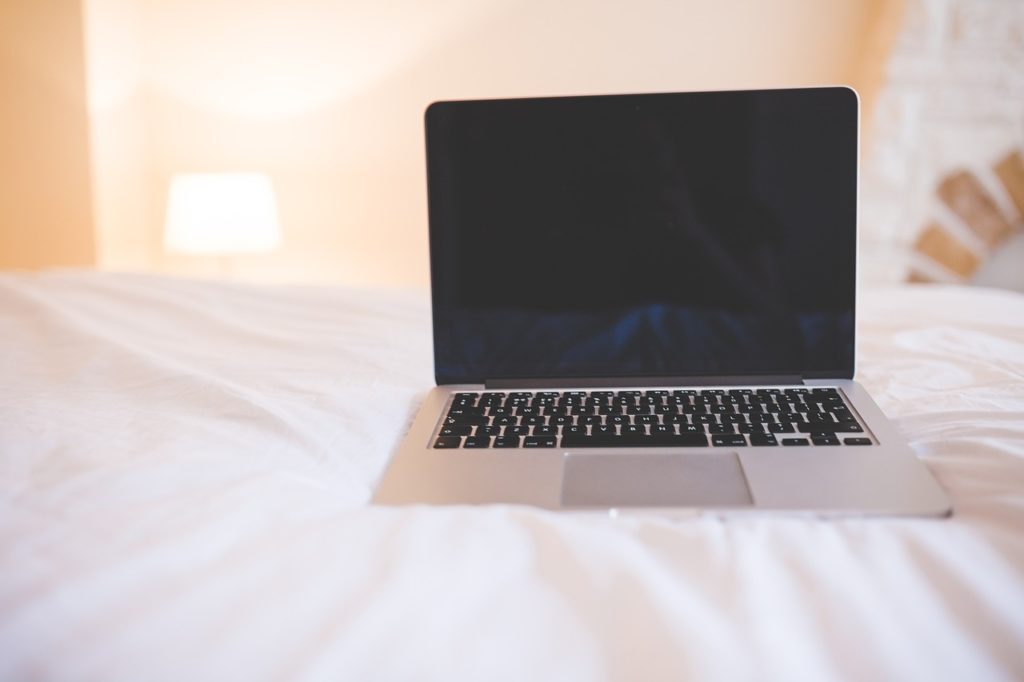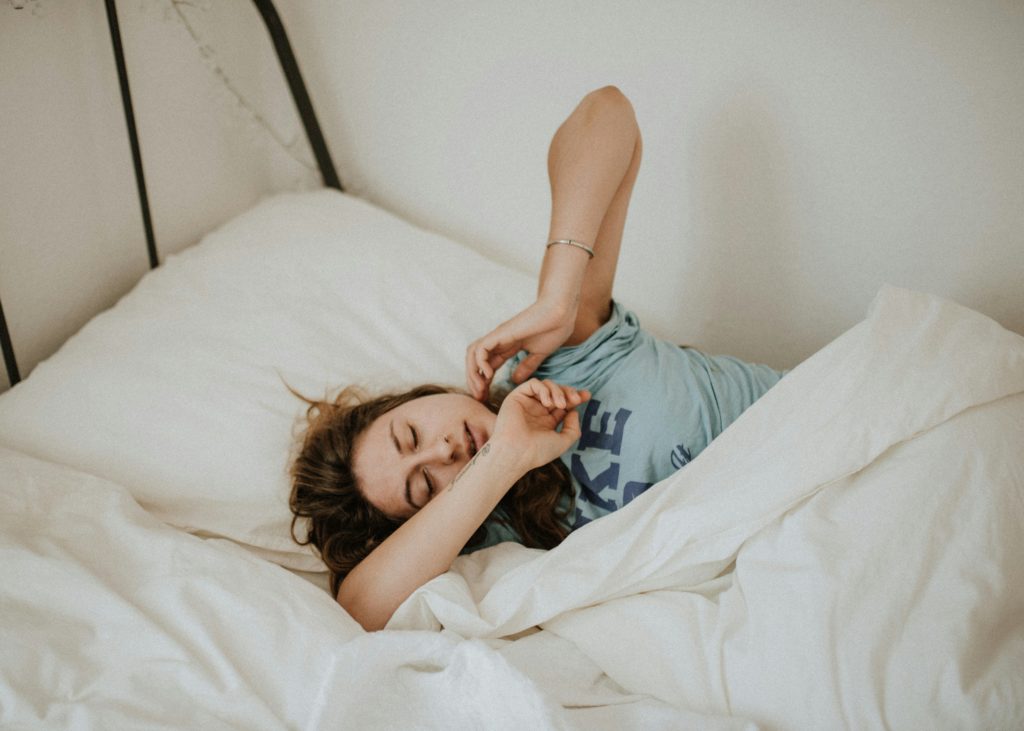Commercial Feature
8 Tricks to sleep better every night

Most people struggle to sleep occasionally, but it’s time to get serious about the root cause when it happens a few nights every week.
You could have insomnia – caused by sleep or mental disorder – or you might have an irregular sleep-wake rhythm that needs a reset.
The good news is that you can take several steps to improve your situation, such as managing your caffeine intake, limiting blue light a few hours before bedtime, and creating a comfortable and calm sleep environment.
Below, we reveal the 8 best tricks to sleep better.
Get a supportive mattress.
If your sleep woes are from an uncomfortable mattress that makes you toss and turn, go ahead and upgrade it with a new model.
Some people sleep hot and require a cooler mattress, such as a memory gel mattress, while others have a mattress that’s too firm or soft for their sleep position.
The rule of thumb is to go firmer the heavier you are—that means a medium mattress under 180 lbs and a medium firm or firm one over 200 lbs.
Side sleepers do better with a softer mattress, and back and front sleepers need a firmer one for optimal support.
Kick caffeine 6 hours before bed.
Sleep experts don’t recommend consuming caffeine (found in tea, coffee, some fizzy drinks, and chocolate) no closer than six hours before bedtime, so that’s 15:00 if you go to bed at 21:00.
The reason? Science!
A study investigating the effects of caffeine taken 0, 3, and 6 hours before bed discovered that caffeine taken up to six hours before bedtime significantly disrupts sleep.
Try some aromatherapy
Lavender, chamomile, and peppermint aromas can help you sleep by relaxing your mind.

Get an electronic diffuser that vaporises scented water, or light some incense sticks or a candle to release the scents more slowly. Even fresh sheets and linens scented with a heavenly fabric softener can work wonders.
Tidy up
A cluttered bedroom can increase stress levels, so organising it may help you relax before bedtime. Reduce clutter, dust everything down, hoover up, and freshen everything with a deodorant to improve your sleep with less stress.
Manage blue light exposure.

Blue light suppresses the release of the sleep hormone melatonin by fooling your brain into thinking it’s still light outside.
Harvard researchers studying blue light found that it suppressed melatonin for twice as long as green light and shifted circadian rhythms by twice as much as 3 hours vs. 1.5 hours—in other words, it is twice as detrimental to sleep.
How to manage blue light:
- Put your TV into a warm colour mode
- Put your devices into night or blue light mode
- Avoid screens altogether an hour or two before bedtime
- Follow these steps, and you’re golden.
Buy seasonal bedding
Having a summer and a winter duvet is better than using an all-season one because they better regulate your temperature.
A summer duvet is 4.5 togs while a winter one is 12.5 togs or more, versus 10.5 togs for an all-season one – a big difference in extreme temps.
Use one pillow – and ensure it’s the correct firmness
Most people only need one pillow, providing it offers adequate support.
Side sleepers need a firm pillow – ideally memory foam or hollow fibre – while back sleepers need a medium pillow to allow the head to rest in line with the spine. Front sleepers usually don’t need a pillow or can make do with a thin, soft one.
Stick to a consistent sleep schedule.

Most people struggle to sleep because their sleep schedule is out of whack.
If you fall asleep late and struggle to settle down, a sleep schedule will help to re-align your body clock and improve your sleep over a few weeks.
The steps:
- Go to bed at the same time every night
- Close your eyes at the same time every night
- Wake up at the same time every morning – no matter what!
- Your body will soon realise that it needs to fall asleep when you close your eyes.
 Comment / Why shouldn’t we share our libraries with A-level students?25 June 2025
Comment / Why shouldn’t we share our libraries with A-level students?25 June 2025 News / Lord Mandelson visits University30 June 2025
News / Lord Mandelson visits University30 June 2025 Features / 3am in Cambridge25 June 2025
Features / 3am in Cambridge25 June 2025 Theatre / Twelfth Night almost achieves greatness26 June 2025
Theatre / Twelfth Night almost achieves greatness26 June 2025 Features / What it’s like to be an underage student at Cambridge29 June 2025
Features / What it’s like to be an underage student at Cambridge29 June 2025




